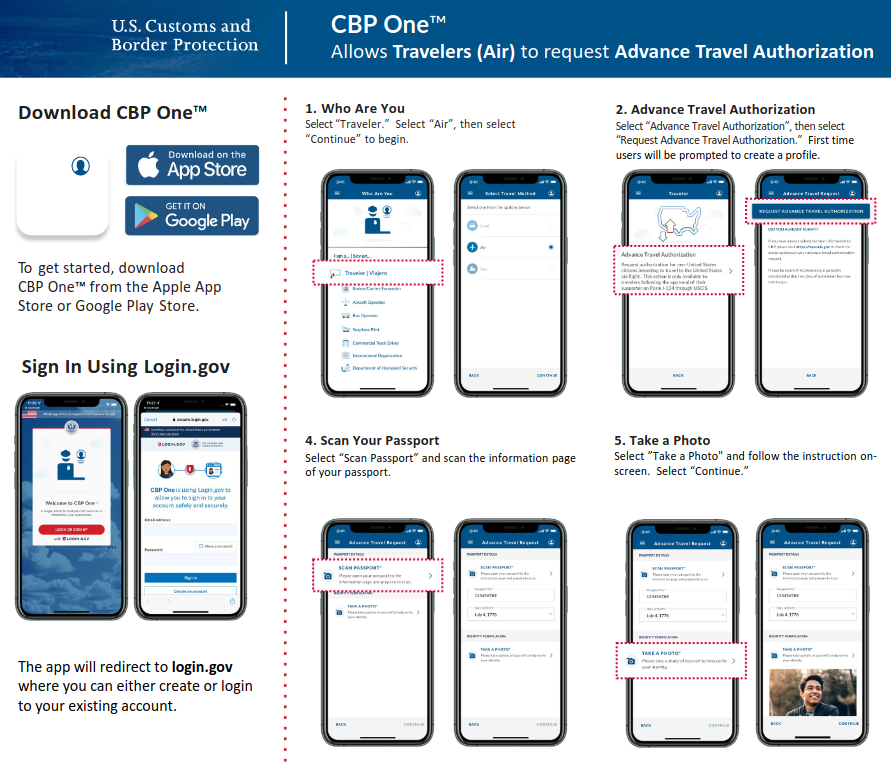Senate bill introduced to ban TSA use of facial recognition in airports
Six US Senators led by Sen. Jeff Merkley (D-OR) and Sen. John Kennedy (R-LA) have introduced a bill to prohibit the Transportation Security Administration (TSA) from using automated facial recognition at airports.
S.3361 the “Traveler Privacy Protection Act of 2023”, was introduced on November 29, 2023 by Sens. Merkley, Kennedy, Edward Markey (D-MA), Roger Marshall (R-KS), Bernie Sanders (I-VT), and Elizabeth Warren (D-MA).
Introduction of this bill comes more than five years after these and other Senators started to raise questions about whether airline passengers can be, should be, or are already being required to submit to automated facial recognition at airports, despite questionable claims by the TSA that passengers can “opt out” of facial recognition.
We find it notable and praiseworthy that this bill (text of bill as introduced), isn’t an attempt to “regulate” TSA use of automated facial recognition or to bolt on controls on how this surveillance technology or facial images or other data (event logs, etc.) collected by such systems. Rather than imposing regulations, the bill would impose a categorical ban on TSA use of automated facial recognition at airports, at least for now. If this bill is enacted, the TSA would be allowed to use facial recognition technology in airports only if that use is explicitly authorized by new legislation enacted after the passage of the “Traveler Privacy Protection Act of 2023”.
The “Traveler Privacy Protection Act of 2023” would close a significant loophole in current and proposed laws. Other proposals for regulation of facial recognition are pending in Congress, but they exempt the TSA and/or fall short of a categorical ban on use of facial recognition. And Federal preemption of regulation of air travel has given the TSA impunity from state and local attempts to restrict government use of facial recognition.
The “Traveler Privacy Protection Act of 2023” would do nothing about the use of automated facial recognition by US Customs and Border Protection (CBP) at international airports, but it would create a model for legislation that could also be applied to CBP.
